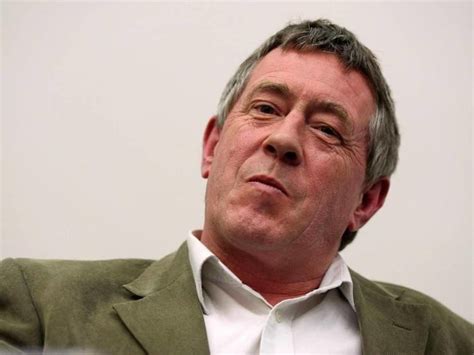A Quote by Michel de Montaigne
He who fears he shall suffer, already suffers what he fears.
Related Quotes
A mother experiences more than one death, even though she herself will only die once. She fears for her husband; she fears for her children; again she fears for the women and children who belong to her children. ... For each of these-whether for loss of possessions, bodily illness, or undesired misfortune-she mourns and grieves no less than those who suffer.
The fears that assault us are mostly simple anxieties about social skills, about intimacy, about likeableness, or about performance. We need not give emotional food or charge to these fears or become attached to them. We don’t even have to shame ourselves for having these fears. Simply ask your fears, “What are you trying to teach me?” Some say that FEAR is merely an acronym for “False Evidence Appearing Real.” From Everything Belongs, p. 143









































